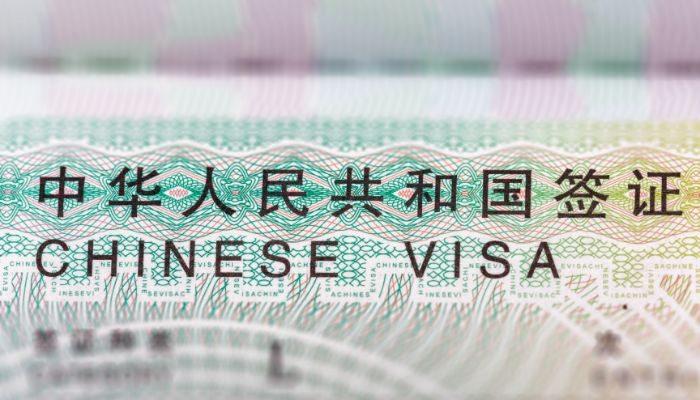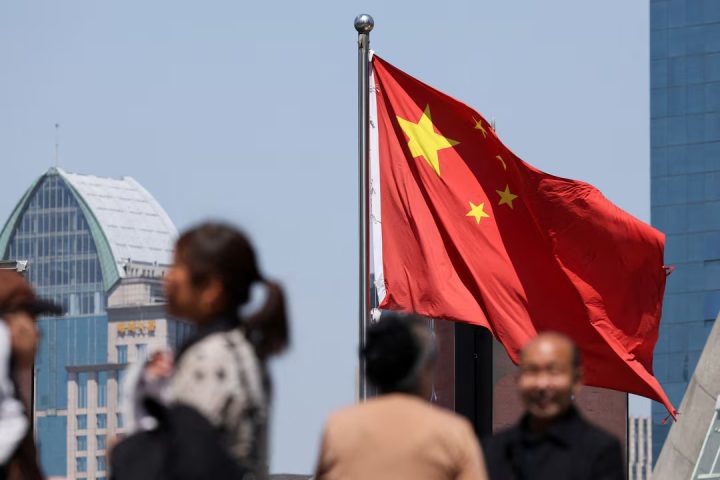Moldova votes in parliamentary elections on Sunday. The results will determine whether the country can maintain its pro-European course and join the EU by 2030.
Moldovan elections: Future of European integration at stake
Moldova will hold parliamentary elections on Sunday that could determine the future of the country’s EU course. President Maia Sandu called them the most important in the country’s history, warning that Russian influence and destabilization were endangering the country’s independence and European future.
The pro-European PAS party, which has a majority in parliament, risks losing it and will be forced to form a coalition. This could slow down or even block the EU integration plan by 2030.
Moscow and the internal crisis
The authorities accuse Russia of financing opposition forces and organizing unrest through businessmen and agents under its control. Last week, police arrested 74 people suspected of collaborating with Russian intelligence services. Moscow denies the charges.
The pro-Russian Patriotic Bloc and the Alternative alliance promise cheap prices and quick social solutions, capitalizing on public discontent with high inflation and slow reforms.
Socio-economic background
Moldova remains one of the poorest countries in Europe. The war in Ukraine and the gas crisis have hit the economy hard: inflation, although it has fallen, remains around 7%, and energy is dependent on imports from Romania. Reforms in the judiciary and the fight against corruption have been slow, fueling skepticism among some voters.
Diaspora influence and EU stance
There is a large Moldovan diaspora living abroad, which traditionally votes for pro-European parties. Their participation could be decisive. The EU openly supports Sandu’s course, and in August the leaders of France, Germany, and Poland visited Chisinau to emphasize this support.
Related: Why the EU must understand the high stakes of Moldova’s September election















